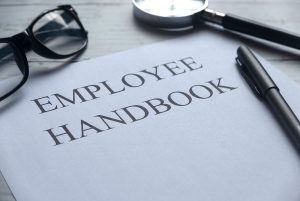Pay Careful Attention to Your Explanation of Benefits (EOBs)
When we think of whistleblowers, we usually think of corporate insiders who have access to secret documents and records. In healthcare, however, patients are the ultimate insiders.
Patients have a powerful weapon to fight Medicare and Medicaid fraud. It is called their Explanation of Benefits (EOB).
EOBs explain what charges were billed to the insurance program, how much was allowed or disallowed, how much was paid to the provider, and how much, if any, the patient must pay themselves.
Many patients only look at the last category to see how much, if anything, they must pay. That is exactly how fraudsters like it.
Patients who take the time to read their EOBs carefully may be surprised at what they find. Patients often find mistakes, charges for services that were not provided, double billing, and other types of Medicare and Medicaid fraud.
We have represented a number of patients who uncovered false claims to Medicare and Medicaid by studying their EOBs. Several have received whistleblower rewards for helping the government uncover improper charges.
Some of our clients found that the government was charged for services that were not provided. Others found that the government was charged for an expensive, complicated service, when the patient actually received a basic check-up.
Another common fraud that can be caught by reviewing your EOBs is double-billing. In its simplest form, a healthcare provider asks you to make a payment because your service is not covered by Medicare or Medicaid. After you make the payment, however, the EOB shows that Medicare or Medicaid paid the provider again for the same service.
If you look only at the bottom line on the EOB – which says that you owe nothing – you might miss the fact that the provider was paid twice for the same service, once by you and again by the government.
Obviously, you are entitled to a refund under these circumstances. You may also be entitled to a substantial whistleblower reward if you follow the proper procedures to report the double billing to the government.
A claim for reimbursement is considered a “false claim” if the provider was already paid by the patient. When you report a false claim to the government using the False Claims Act, the government will investigate to determine whether this was a mistake or whether the provider is double billing patients on a regular basis.
A provider that double bills on a regular basis will be liable for three times the amount they were paid, plus a penalty of up to $11,000 per claim. That can add up to millions of dollars.
As a whistleblower, you are entitled to a reward of between 15% and 30% of the amount actually recovered.
If you find improper charges on your EOBs, you should consult with an experienced whistleblower lawyer immediately to protect your rights. There are strict procedural requirements and time limits to qualify for a whistleblower reward.











